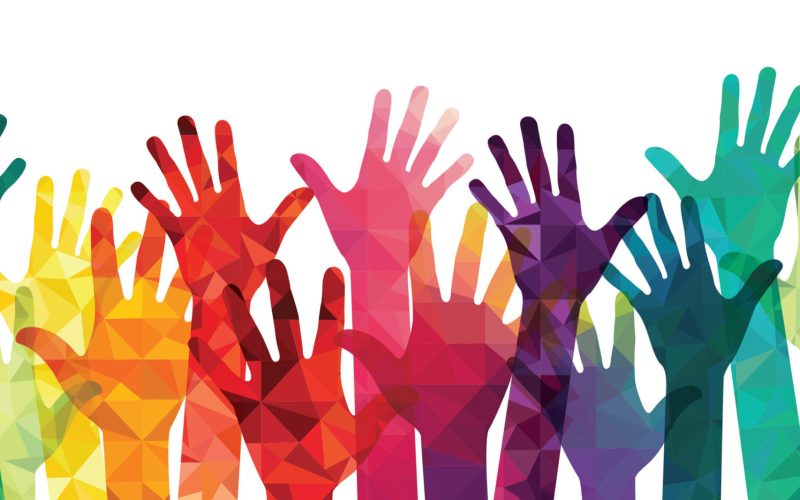Introduction
The landscape of modern entertainment has undergone a significant transformation in recent years, largely driven by the increasing emphasis on diversity and inclusion. This shift reflects broader societal changes and a growing recognition of the importance of representing different cultures, identities, and perspectives. This article explores the role of diversity in shaping contemporary entertainment, examining its impact on various sectors, including film, television, music, and digital media.
Historical Context
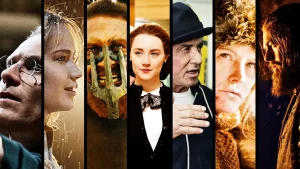
-
Early Entertainment and Homogeneity
Historically, the entertainment industry has been dominated by a relatively homogenous group of creators and performers. This lack of diversity often resulted in limited representation of different cultures, ethnicities, and social backgrounds. Early Hollywood, for instance, was notorious for its exclusion of minority groups and its perpetuation of stereotypes.
-
The Civil Rights Movement and Early Changes
The Civil Rights Movement of the 1960s marked a turning point, as marginalized communities began to demand greater representation and equality. This period saw the emergence of more diverse voices in entertainment, although progress was slow and often met with resistance.
The Modern Era: A Shift Towards Diversity
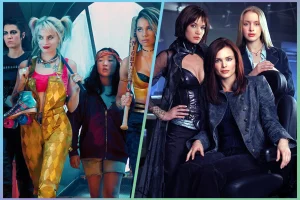
-
The Influence of Globalization
Globalization has played a crucial role in promoting diversity in entertainment. The interconnectedness of the world has facilitated the exchange of cultural ideas and practices, leading to a more inclusive and varied entertainment landscape. Audiences now have access to a vast array of content from different parts of the world, fostering greater appreciation for diverse perspectives.
-
The Rise of Digital Platforms
Digital platforms such as Netflix, YouTube, and Spotify have democratized content creation and distribution. These platforms allow creators from diverse backgrounds to reach global audiences without the traditional gatekeepers of the entertainment industry. This has led to an explosion of content that reflects a wide range of experiences and viewpoints.
Diversity in Film
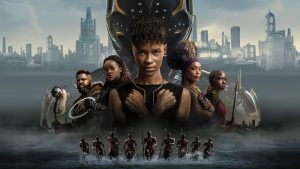
-
Representation On-Screen
The film industry has made significant strides in increasing on-screen diversity. Movies featuring diverse casts and stories that explore different cultural experiences have gained critical and commercial success. Films like “Black Panther,” “Crazy Rich Asians,” and “Parasite” have not only broken box office records but also sparked important conversations about representation.
-
Behind the Camera
Diversity behind the camera is equally important. The inclusion of directors, writers, and producers from diverse backgrounds ensures that stories are told authentically and from multiple perspectives. Initiatives such as the Academy Aperture 2025 aim to promote inclusivity in film production, fostering a more equitable industry.
Diversity in Television
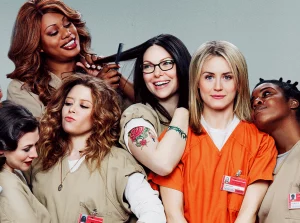
-
Inclusive Storytelling
Television has become a powerful medium for inclusive storytelling. Shows like “Orange is the New Black,” “Pose,” and “Master of None” have been praised for their diverse casts and nuanced portrayal of complex social issues. These programs have not only entertained but also educated audiences about different lived experiences.
-
Impact of Streaming Services
Streaming services have been at the forefront of promoting diversity in television. Platforms like Netflix and Amazon Prime have invested in original content that highlights underrepresented voices. This has led to a more varied and inclusive television landscape, offering viewers a broader range of stories and perspectives.
Diversity in Music

-
Genre-Blending and Cultural Exchange
The music industry has long been a melting pot of different cultures and influences. In recent years, genre-blending and cultural exchange have become more prominent, with artists from diverse backgrounds collaborating and experimenting with different styles. This has resulted in a rich and varied musical landscape that celebrates diversity.
-
Representation in the Music Industry
Efforts to increase representation in the music industry have gained momentum. Organizations like the Recording Academy have implemented initiatives to promote diversity and inclusion. Additionally, artists themselves have become vocal advocates for representation, using their platforms to address social issues and promote equality.
Diversity in Digital Media

-
The Power of Social Media
Social media has given a voice to individuals from diverse backgrounds, allowing them to share their stories and experiences with a global audience. Influencers and content creators from marginalized communities have gained significant followings, challenging traditional notions of representation and shaping modern entertainment.
-
Inclusive Gaming
The gaming industry has also made strides in promoting diversity. Games like “The Last of Us Part II” and “Life is Strange” feature diverse characters and storylines that resonate with a wide range of players. Efforts to increase diversity among game developers have also contributed to more inclusive and representative gaming experiences.
Challenges and Opportunities
-
Overcoming Stereotypes
While progress has been made, the entertainment industry still faces challenges in overcoming stereotypes and ensuring authentic representation. It is essential to move beyond tokenism and provide meaningful opportunities for diverse voices to be heard.
-
The Role of Audiences
Audiences play a crucial role in shaping the future of diversity in entertainment. By supporting diverse content and creators, viewers can drive demand for more inclusive and representative entertainment.
Conclusion
Diversity in entertainment is not just a trend but a fundamental shift towards a more inclusive and equitable industry. The increasing representation of different cultures, identities, and perspectives enriches the entertainment landscape, offering audiences a broader and more authentic range of stories. As the industry continues to evolve, the commitment to diversity and inclusion will be key to its success and relevance in the modern world.






